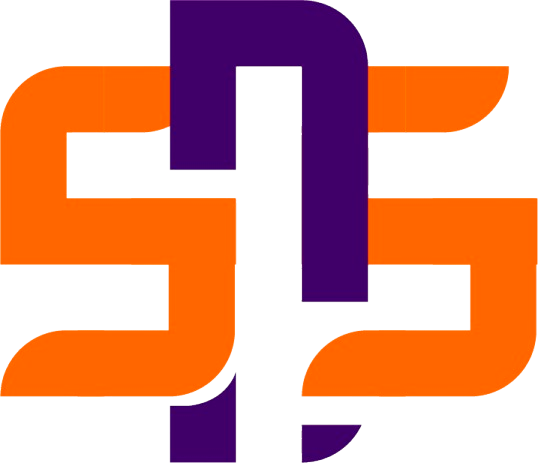
The healthcare industry is undergoing a profound transformation, driven by technological advancements and the growing demand for patient-centered care. At the heart of this revolution is Customer Relationship Management ( CRM software ), which has evolved far beyond its original scope. In 2025, CRM systems are not just enhancing administrative efficiency—they’re fundamentally changing the way healthcare providers interact with patients, manage operations, and deliver care.
Here are 12 incredible ways CRM software is revolutionizing healthcare this year.
1. Personalized Patient Engagement
CRM software is enabling healthcare providers to offer highly personalized care. By leveraging detailed patient data, providers can tailor communication, treatment plans, and follow-up strategies to each individual’s unique needs and preferences, resulting in more effective and satisfying patient experiences.
2. Seamless Telehealth Integration
As telehealth continues to grow, CRM software plays a crucial role in integrating these services into the broader healthcare ecosystem. In 2025, CRMs are streamlining the scheduling, management, and follow-up of virtual appointments, making it easier for providers to offer remote care without compromising on quality.
3. Enhanced Care Coordination
With CRM software, healthcare teams can collaborate more effectively, ensuring that all providers involved in a patient’s care are on the same page. This enhanced care coordination reduces the risk of errors, improves patient outcomes, and fosters a more cohesive approach to treatment.
4. Predictive Analytics for Better Outcomes
CRMs equipped with advanced analytics capabilities are empowering healthcare providers to predict patient needs and outcomes more accurately. By analyzing patterns in patient data, these systems can identify potential health risks early, allowing for proactive interventions that improve long-term health outcomes.
5. Streamlined Administrative Processes
One of the most significant benefits of CRM software in healthcare is the automation of administrative tasks. From appointment scheduling to billing and follow-ups, CRMs handle routine processes with minimal human intervention, freeing up healthcare professionals to focus on patient care.
6. Improved Patient Retention
In a competitive healthcare environment, retaining patients is as important as acquiring new ones. CRM software helps providers build stronger relationships with their patients by tracking interactions, preferences, and feedback, leading to higher satisfaction and loyalty.
7. Comprehensive Patient Insights
CRM systems in 2024 offer a 360-degree view of each patient, aggregating data from various touchpoints to create a complete profile. This holistic perspective enables healthcare providers to make more informed decisions and offer more personalized care.
8. Efficient Resource Management
Effective resource management is crucial for any healthcare provider. CRMs help optimize the use of resources such as staff, equipment, and facilities by providing real-time data on availability and utilization, leading to more efficient operations.
9. Data-Driven Decision Making
In an era where data is king, CRM software provides the tools needed to make data-driven decisions. By analyzing patient data and operational metrics, healthcare providers can identify trends, optimize processes, and improve overall care delivery.
10. Enhanced Patient Communication
CRMs enhance communication between healthcare providers and patients by centralizing all interactions in one platform. Whether through automated reminders, personalized emails, or direct messaging, these systems ensure that patients receive timely and relevant information, improving engagement and adherence to treatment plans.
11. Regulatory Compliance and Data Security
In 2025, data security and compliance with healthcare regulations are more critical than ever. CRM software helps providers navigate these challenges by offering robust security features and ensuring that all patient data is handled in accordance with regulatory requirements.
12. Facilitating Patient-Centered Care
At the core of CRM’s impact on healthcare is its ability to support patient-centered care. By putting patient needs and preferences at the forefront of every interaction, CRM software helps healthcare providers deliver more compassionate, effective, and personalized care.
Conclusion
The integration of CRM software into healthcare is transforming the industry in profound ways. As we move through 2025, these systems are becoming essential tools for providers looking to enhance patient care, streamline operations, and stay competitive in an increasingly digital world. From personalized engagement to predictive analytics, the benefits of CRM in healthcare are clear—and the potential for future innovation is limitless. As healthcare continues to evolve, CRM software will undoubtedly play a pivotal role in shaping the future of patient care.








